
Biologist elected to governing board of national ecological society
Professor Jay Lennon has been elected as a member-at-large for the governing board of the Ecological Society of America.

Professor Jay Lennon has been elected as a member-at-large for the governing board of the Ecological Society of America.
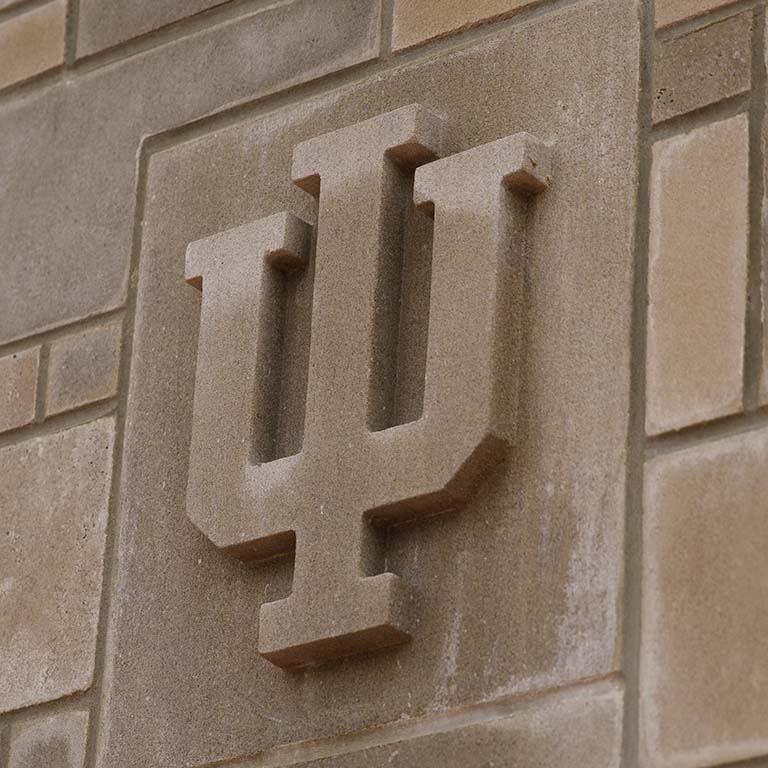
Three IU Biology faculty members—Karen Bush, Jay Lennon, and Richard Phillips—were named on Clarivate's annual Highly Cited Researchers™ list for 2021.
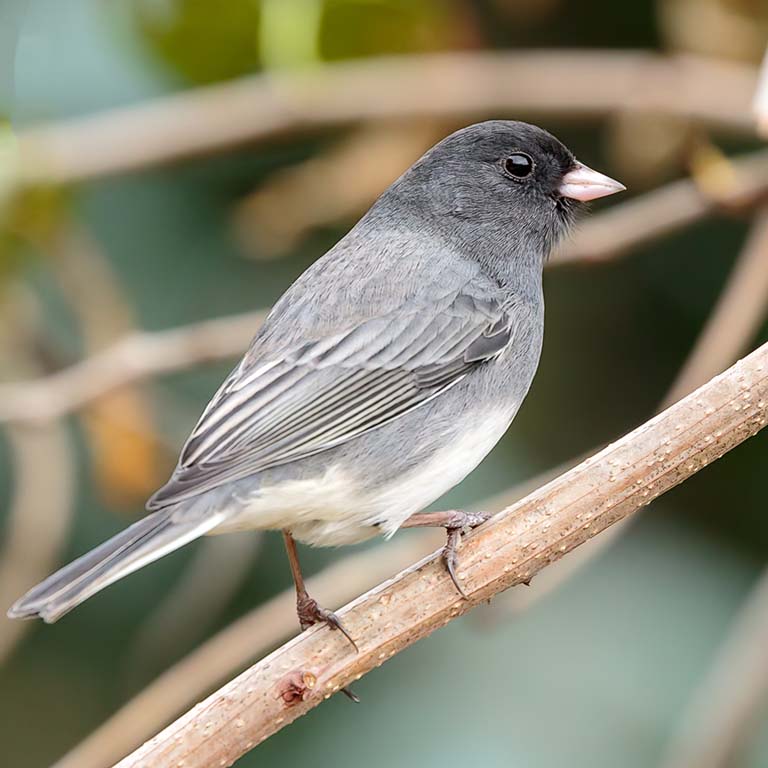
A study from the Ketterson lab supports recent research findings that the risk of being infected with parasites can increase for animals, including humans, as they age.

Chickenpox has largely disappeared from the public’s memory thanks to a highly effective vaccine. But the virus’s clever life cycle allows it to reappear in later adulthood in the form of shingles.

Justuss Boice has been able to combine his eclectic educational interests in biology and finance at IU.

Adrian Land, who received his Ph.D. in microbiology in 2011, was honored for his scientific career accomplishments and community leadership.

Professor Emerita Pat Foster is the first author on an article in the American Society for Microbiology's journal mBio.

The American Society for Microbiology has recognized Ankur Dalia with its Award for Early Career Basic Research for his outstanding contributions to microbial sciences.

Members of Soni Lacefield's lab discover how the GTPase called Cdc42 is inactivated during mitosis.

The Wang lab paper, "DNA-loop extruding SMC complexes can traverse one another in vivo," has been featured on the cover of the August 2021 issue of NSMB journal.

Professor Jay Lennon and colleagues estimated that energy-limited bacteria can have lifespans that rival, and in some cases exceed, those of plants and animals.

The new study is one of the first to see the potential negative impact of CBD on the developing brain and later behaviors.

Jason Tennessen has been awarded a five-year extension of his NIH MIRA to continue research that uses fruit flies as a model to understand why human cancer cells consume large amounts of sugar and to ultimately develop new cancer therapies.
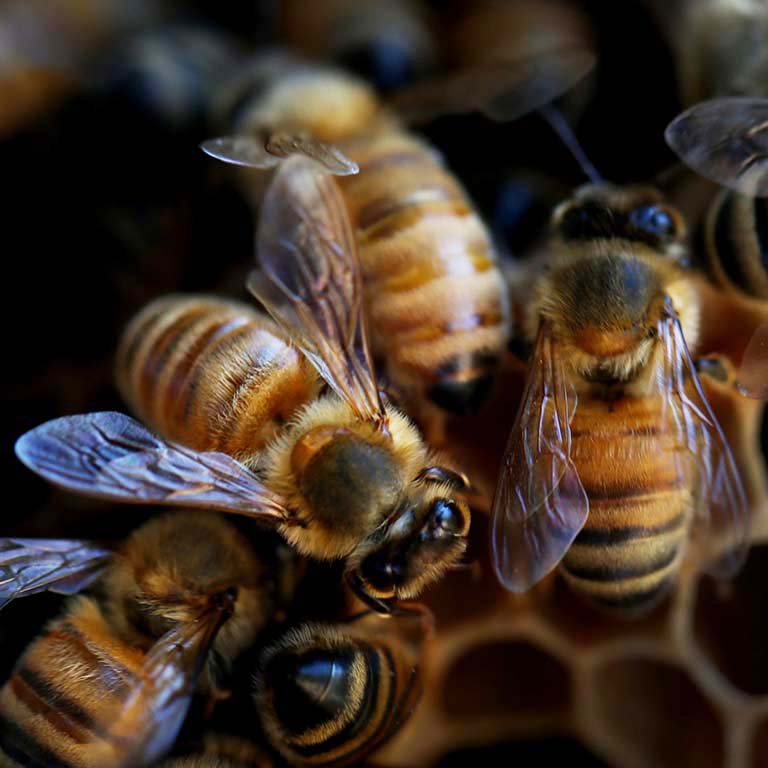
Newton lab finds addition of Bombella apis to hives could protect bees from fungal pathogens, helping maintain bee populations and, thus, protecting the food supply.
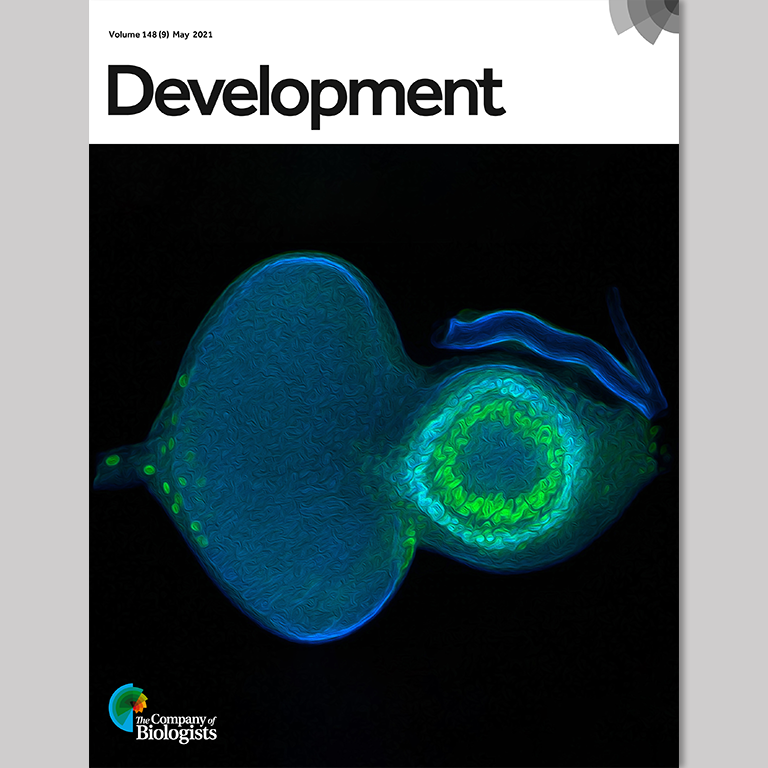
An image of immunostaining of an early third larval Drosophila eye-antennal disc from the Kumar lab's paper was chosen for the cover of the journal Development.
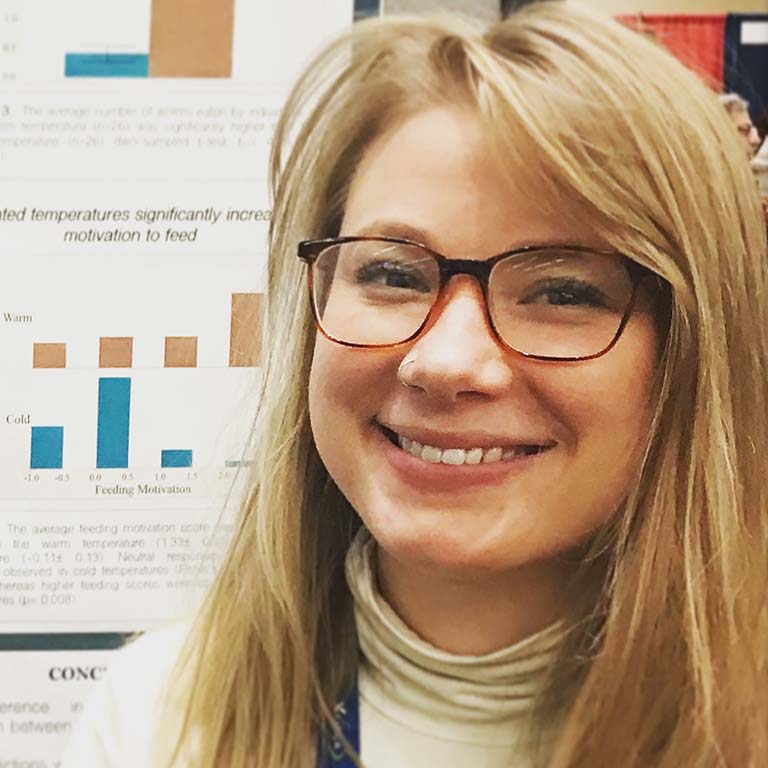
The Brabson Library and Educational Foundation has awarded a grant to IU researchers measuring the impact of campus buildings on bird populations.
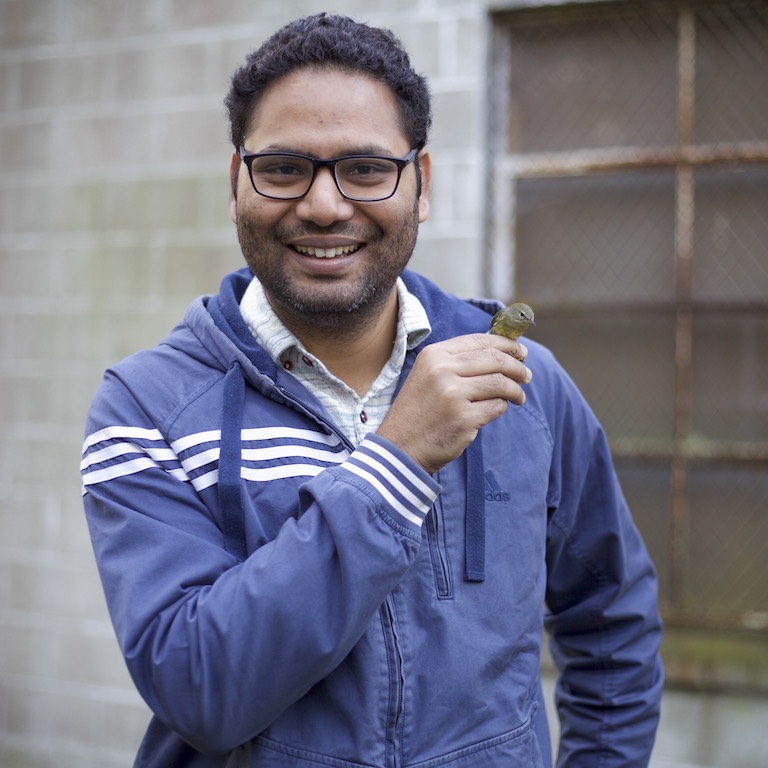
A new study by Indiana University researchers found that birds exposed to artificial light at night begin and end their reproductive cycle earlier in the season.

Undergraduate Eduardo Duro has been named a Goldwater Scholar for the 2021-22 academic year.

IU Biology students Abigail McClain, Joshua A. Jones, and Emma Boehm were selected by the National Science Foundation to receive awards through its Graduate Research Fellowship Program.

Assistant Professor Lesley Weaver discusses becoming a researcher and her views on science in journal Current Biology's Q & A.

Jay Lennon has been elected as a Fellow of the Ecological Society of America.
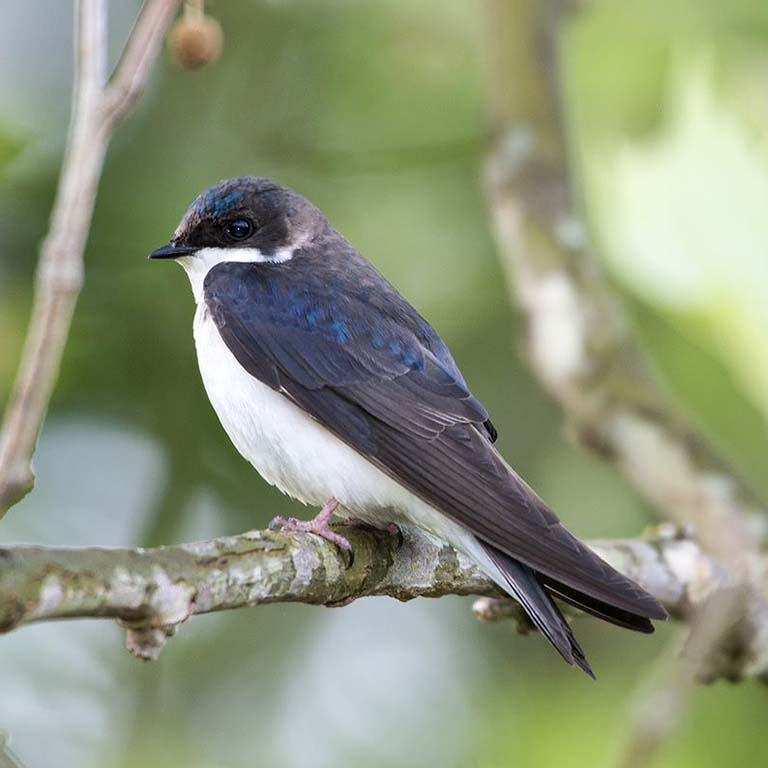
Results of the study, published in PNAS, demonstrate potential for a single day of competition to have lasting effects that may prime individuals for success in future social instability.

John Patton and members of his lab are reverse-engineering the rotavirus genome to explore a combined rotavirus-COVID-19 vaccine.
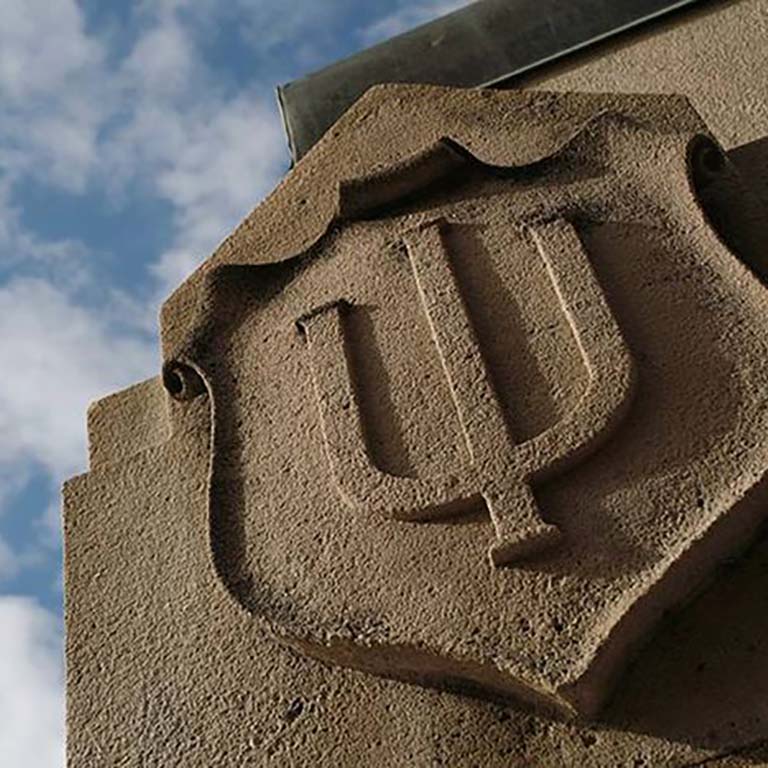
A project involving IU researchers—including IU Biology's Jason Tennessen and Thom Kaufman—was awarded $23.3 million from the European Commission to shape chemical safety regulation.

Assistant Professor Xindan Wang will receive $1.66 million from the National Institutes of Health's Research Project Grant Program (R01) to study chromosome organization and segregation.
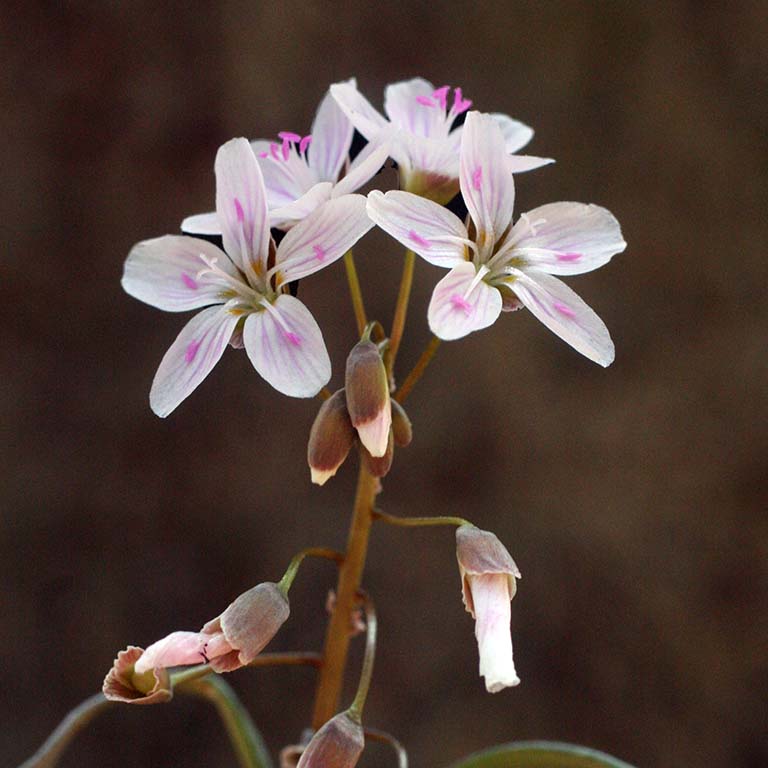
Citizen scientists will help fill photo record gaps for 1400 Indiana plants.

Seven IU Biology alums have been included in Cell Mentor's list of "1,000 inspiring Black scientists in America."
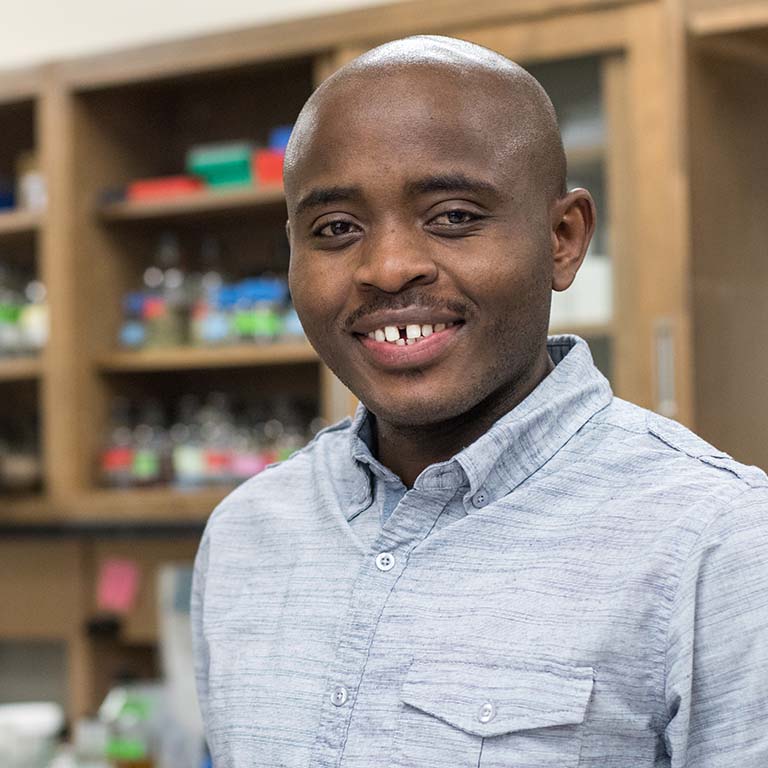
Gabriel Muhire Gihana—who earned his Ph.D. in genome, cell, and developmental biology in 2019—has been named a Damon Runyon Fellow.

Watch a recording of Shawn Otto's presentation: "War on science: Why millions of Americans have stopped believing in facts and what it means for democracy."

Professors Matt Hahn and Malcolm Winkler have been appointed as distinguished professors by Indiana University trustees.

Dr. Sapna Mehta met the teaching challenges presented by the pandemic with creativity to improve learning modalities for her students.
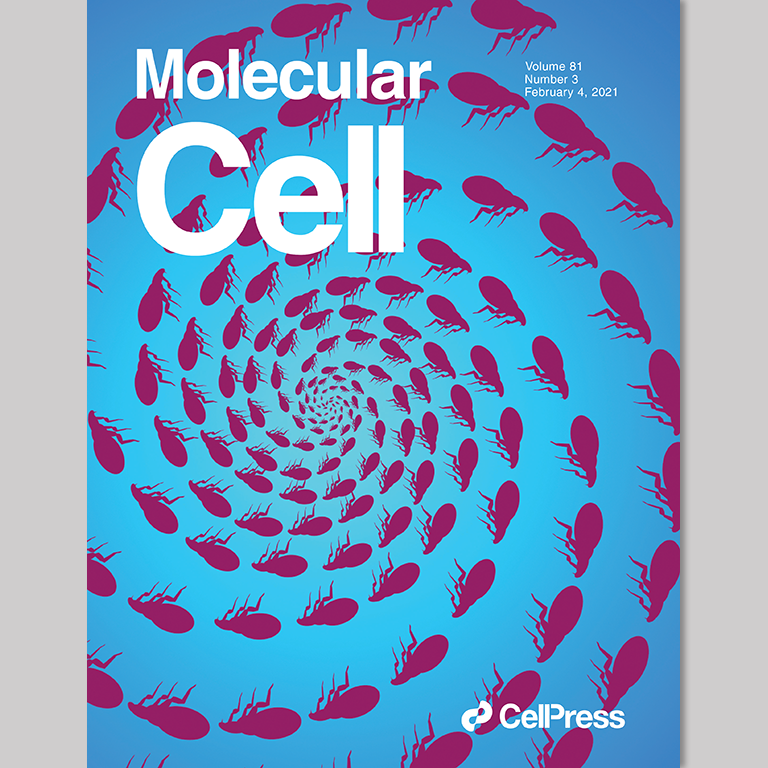
The cover image of the journal Molecular Cell was selected from a research article by Steve Bell's lab.
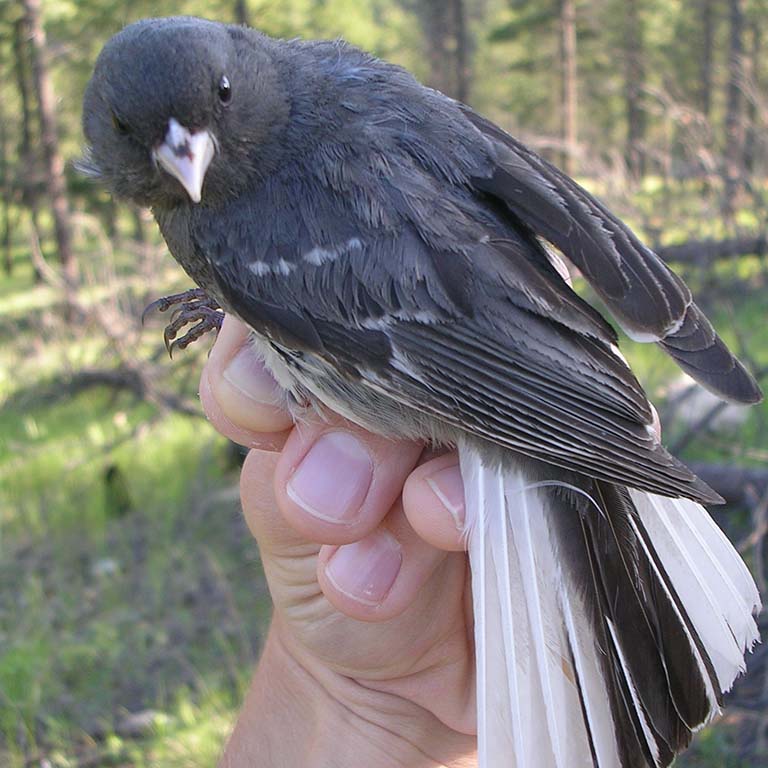
Researchers analyzing data from decades-long junco study have found that testosterone may reduce lifespan by increasing telomere loss.
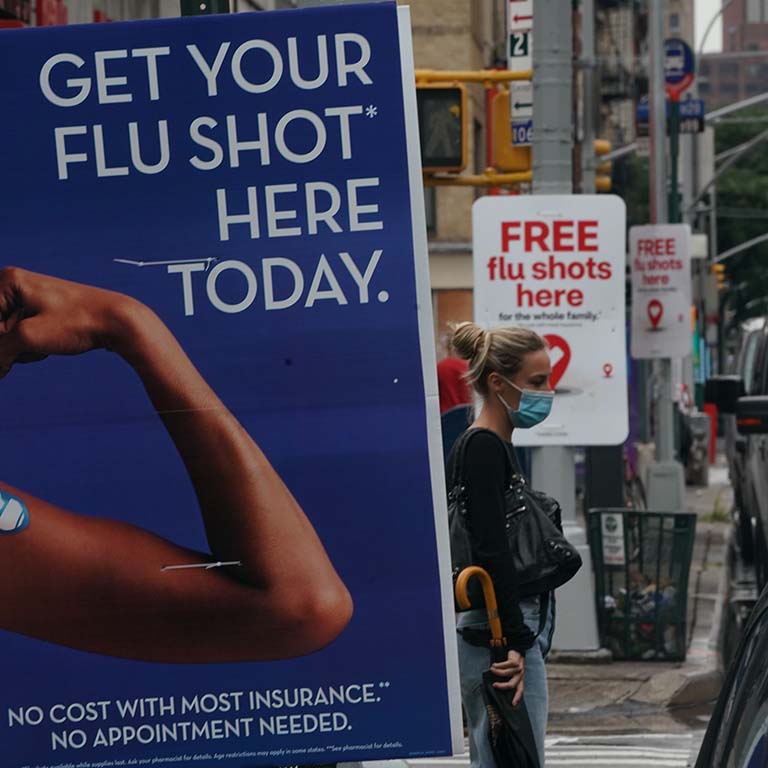
You need a new shot every year because current flu vaccines provide limited and temporary protection. But researchers' new strategy could change that.

IU scientists dig deeper to learn how and why tree species impact air quality and climate.
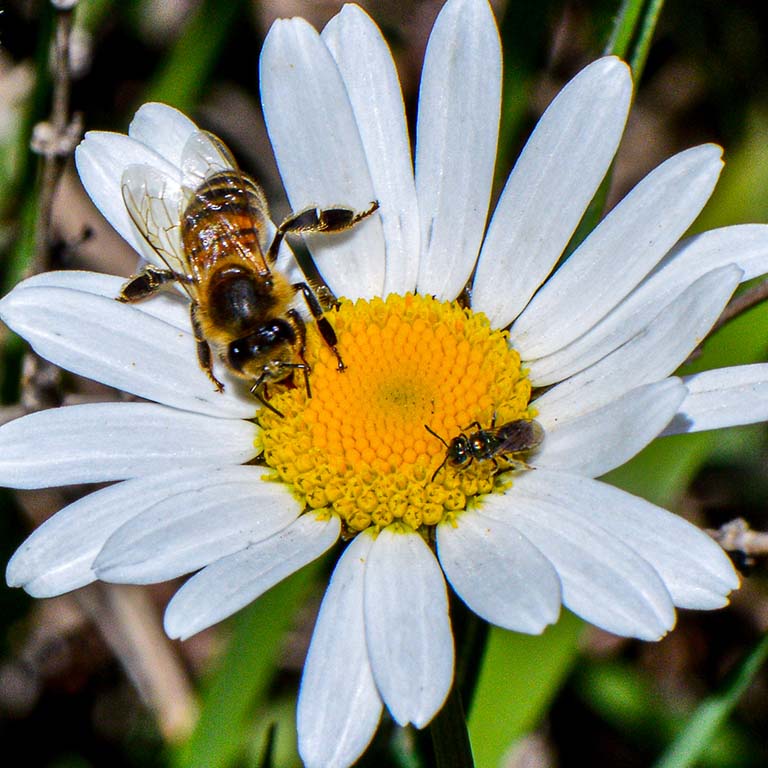
An analysis of a global dataset of collected and observed bees shows that fewer species are being found in most recent decades.

Professor Matthew Hahn has been awarded the IU Bicentennial Medal for his distinguished service to the university.